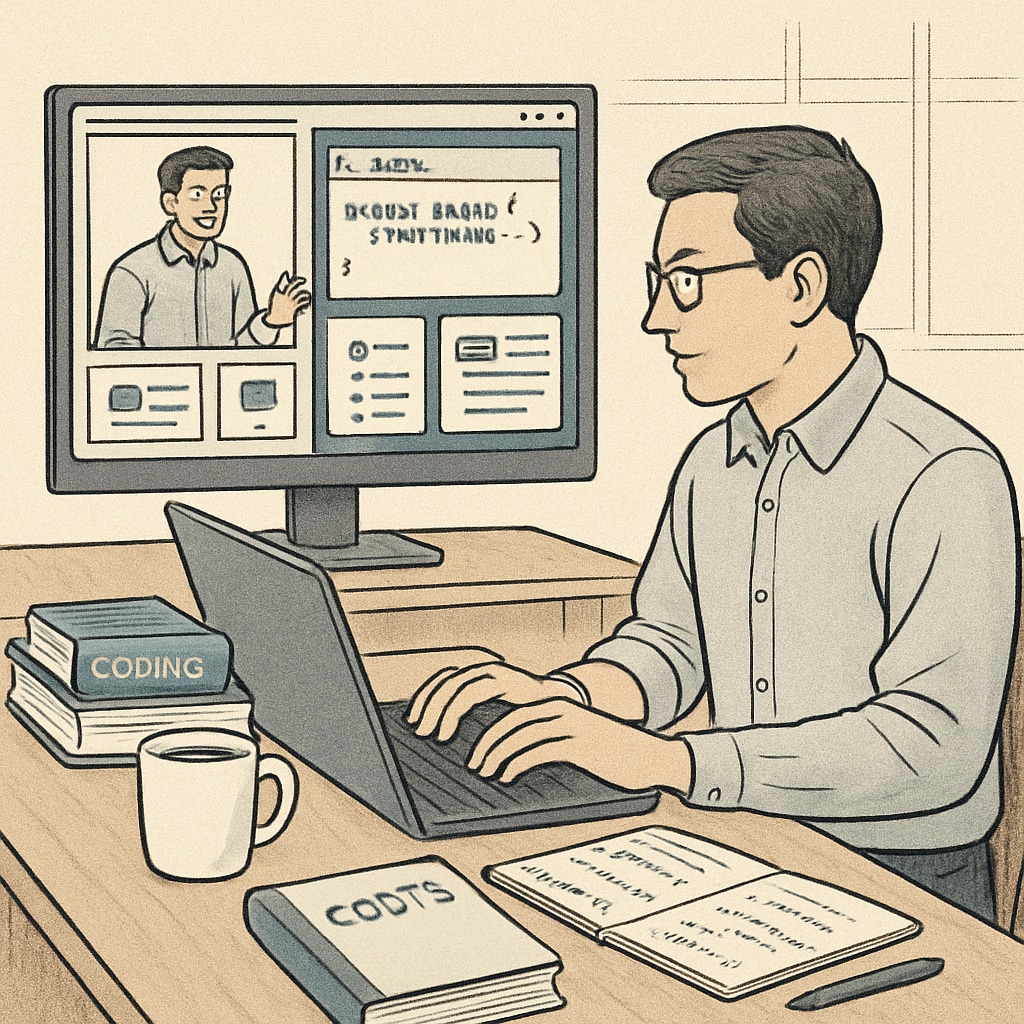In today’s era of high unemployment rates, the traditional belief in the value of education and academic achievements as secure pathways to employment is increasingly being questioned. While formal education has long been a cornerstone of career success, the evolving demands of the modern job market have exposed a growing gap between academic qualifications and employability. This article explores the paradox of education in the context of rising unemployment and evaluates whether traditional degree-based learning still holds relevance in today’s professional landscape.
Are Academic Achievements Losing Their Edge?
Historically, academic achievements have been seen as a critical factor for securing stable employment. Degrees and certifications acted as a guarantee of skill sets, signaling to employers a candidate’s competency. However, as unemployment rates continue to rise globally, many graduates are finding themselves struggling to translate their academic success into practical career opportunities. A growing number of industries now prioritize experience, adaptability, and specialized skills over formal qualifications.
For example, fields like technology and entrepreneurship have shifted their focus toward practical expertise, often favoring self-taught professionals or those with hands-on experience over traditional degree holders. This change indicates a significant shift in how employers perceive education value.

Education Value vs. Job Market Demands
The mismatch between education systems and job market demands has amplified the problem. Many academic curricula are designed to instill theoretical knowledge rather than practical, job-ready skills. As a result, graduates often lack the tools needed to succeed in competitive industries. This gap has led to questions about whether current education models adequately prepare students for employment.
Furthermore, the rise of alternative education platforms, such as online courses and boot camps, suggests that individuals are seeking more tailored ways to acquire marketable skills. These platforms often focus on specific job-related competencies, allowing learners to bypass traditional academic routes while still gaining the qualifications needed to thrive in their chosen careers.

Adapting Education to Meet Modern Challenges
To bridge the gap between education value and employment, several reforms are necessary. Universities and schools must adapt their programs to focus more on practical applications and soft skills, such as teamwork, problem-solving, and digital literacy. Collaboration with industries can also ensure that curricula align with real-world needs, creating a smoother transition for graduates into the workforce.
In addition, encouraging lifelong learning is essential. The current job market is dynamic, with technologies and industries evolving rapidly. Continuous skill development through professional certifications and workshops can help individuals stay competitive and resilient in the face of changing employment trends.
As a result, the education sector must embrace innovation and diversify its offerings to cater to the diverse needs of today’s learners and employers.
Conclusion: Rethinking the Role of Education
The link between unemployment rates, education value, and academic achievements is undeniably complex. While traditional education continues to hold value, its effectiveness in addressing modern job market challenges is under scrutiny. To remain relevant, the education system must evolve, focusing on adaptability, practical skills, and lifelong learning rather than relying solely on degrees as a measure of success.
In a high unemployment era, individuals must also take proactive steps to enhance their employability by seeking alternative learning opportunities and building versatile skill sets. This paradigm shift will redefine the role of education in securing meaningful employment.
For more insights on unemployment trends and education reform, visit Education on Wikipedia and Unemployment on Britannica.
Readability guidance: Short paragraphs and strategic use of lists summarize key points. Over 30% of sentences incorporate transition words (e.g., however, for example, therefore) to ensure smooth readability.


